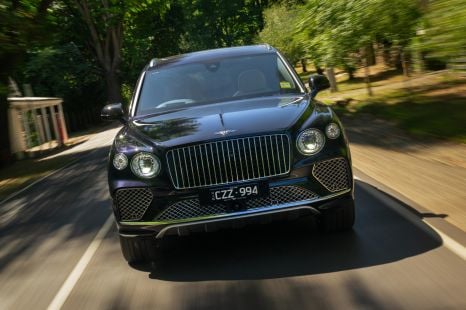

Josh Nevett
2025 Bentley Bentayga review
5 Days Ago
Range Rover's first electric vehicle is still being put through its paces, this time in the searing heat of the deserts of the UAE.

Marketplace Journalist


Marketplace Journalist
The first electric Range Rover is undergoing testing in the United Arab Emirates, where the brand hopes to push the limits of its battery and powertrain in one of the most electric vehicle (EV)-unfriendly environments possible.
Range Rover says the testing program for its electric prototypes is the “most intensive testing” any of its models has ever experienced, with the desert conditions intended to “ensure the entire propulsion system is reliably temperature-controlled and built to support longevity and optimum range”.
The deserts of the UAE experience temperatures of up to 50º celsius and 90 per cent humidity, with Range Rover Electric prototypes put through environments like inner Dubai and soft desert sand dunes to find their limits.
Range Rover says the prototypes surpassed the “thermal testing performance recorded of any Range Rover on sand”, while maintaining “exemplary thermal performance”.
Earlier this year, the Range Rover Electric also underwent testing in polar opposite conditions – pun intended – as it was driven on snow and slippery frozen lakes in Sweden.
100s of new car deals are available through CarExpert right now. Get the experts on your side and score a great deal. Browse now.
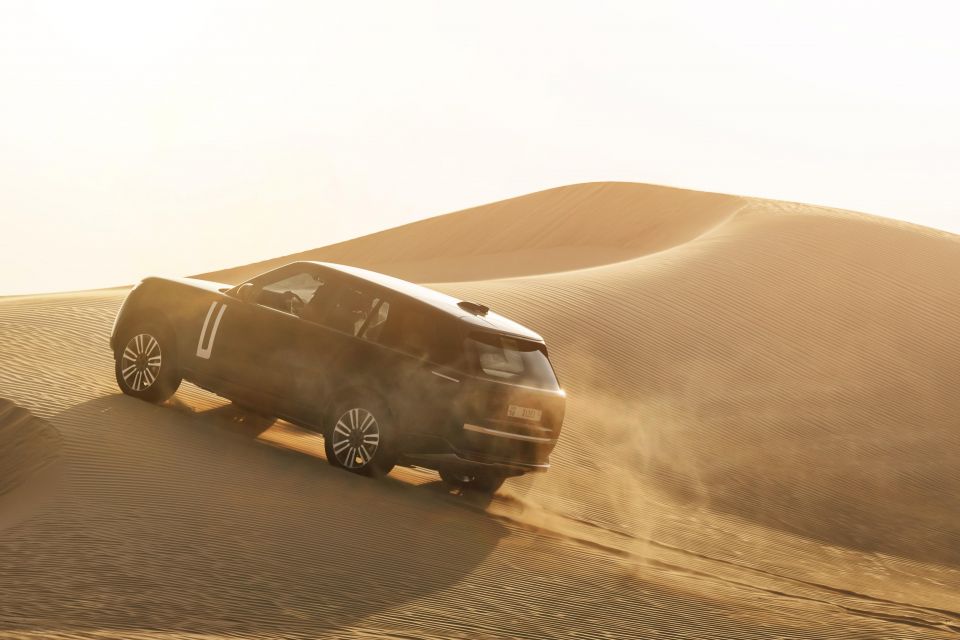
Range Rover product engineering executive director Thomas Müller says hot climates are especially difficult for EVs, given the keep the powertrain and cabin cooled simultaneously.
“The additional challenge of driving on sand requires controlled low-speed torque, so our specially developed traction control and thermal management systems work in harmony to ensure power delivery is unaffected,” he said.
“Our tests have shown that in this climate, repeatedly driving the equivalent of 100 metres uphill on fine sand, Range Rover Electric matches the performance of its [internal combustion] equivalents; in some instances, even surpassing them.”
Range Rover says all of its vehicles must complete the ascent five times without showing any reduction in performance, after which they can proceed to the next testing stage. The EV supposedly passed this test “with flying colours”.
The brand cites the EV’s “well-balanced weight distribution” and suspension setup as factors behind its off-road capability, as well as a new Intelligent Torque Management system that can manage wheel slip in each individual motor. Torque reaction time at each wheel is supposedly reduced from 100 milliseconds to as little 1ms as a result.

Full specifications are as yet unconfirmed as testing and development continues, though Range Rover is looking to open customer reservations in 2025.
What we do know is that it’ll feature 800V electrical architecture and an 850mm wading depth, while also having the capacity to accommodate energy partnerships and over-the-air software updates.
It’ll join the existing petrol, diesel and plug-in hybrid versions of JLR’s flagship SUV.
Once it hits the market, the Range Rover Electric will be among a very small group of premium EVs built with off-road capability in mind, with others including the Rivian R1S.
Range Rover parent JLR currently offers just one electric SUV, the moribund Jaguar I-Pace. However, the company is set to launch an electric Range Rover Sport, and will reportedly offer electric SUVs wearing Defender and Discovery badges.
Where expert car reviews meet expert car buying – CarExpert gives you trusted advice, personalised service and real savings on your next new car.
Max Davies is an automotive journalist based in Melbourne, Australia. Max studied journalism at La Trobe University and stepped into the automotive world after graduating in late 2023. He grew up in regional Victoria, and with a passion for everything motorsport is a fan of Fernando Alonso.


Josh Nevett
5 Days Ago
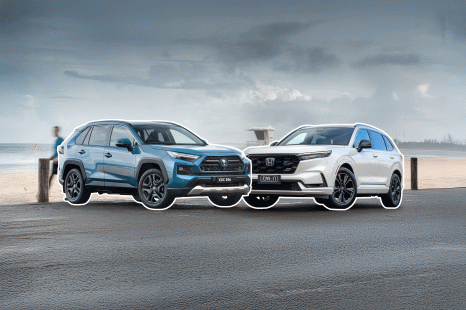

Andrew Maclean
4 Days Ago
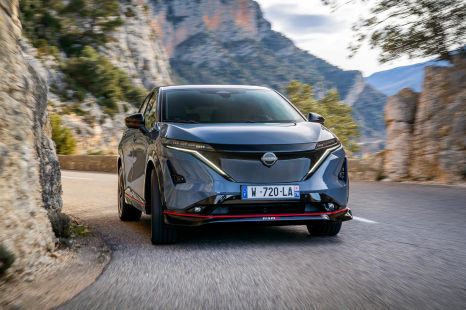

Shane O'Donoghue
4 Days Ago
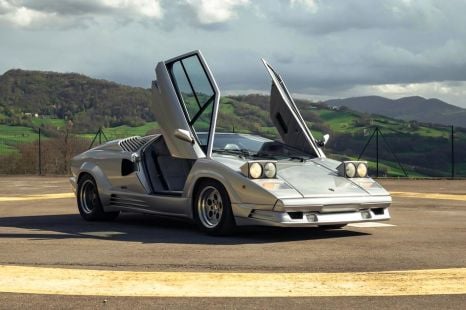

Anthony Crawford
3 Days Ago


Matt Campbell
2 Days Ago


James Wong
15 Hours Ago